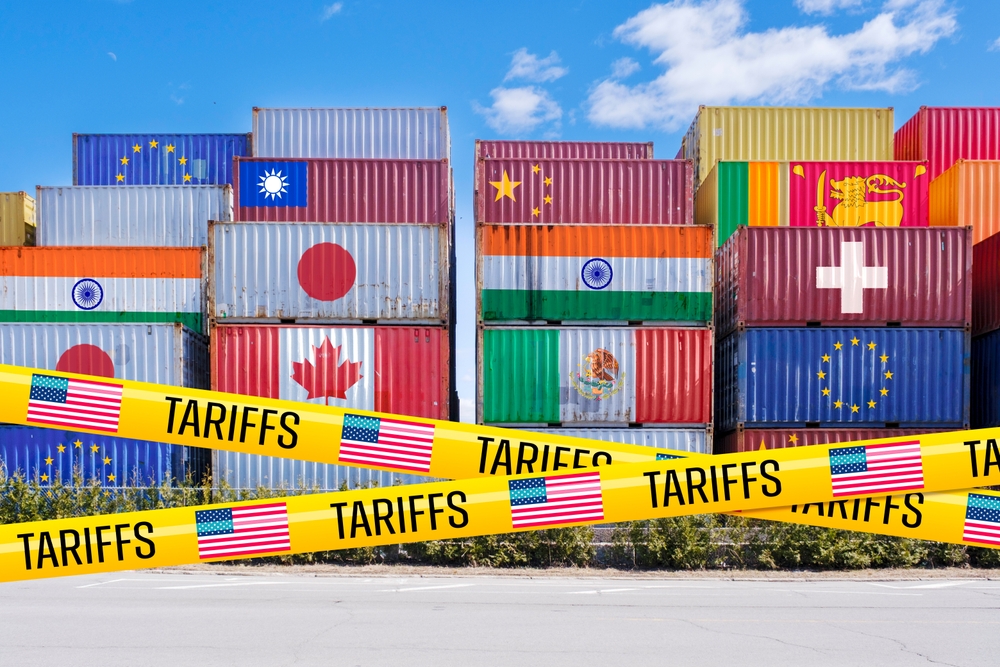Indonesia Seeks Exemptions Despite Deal
Indonesia recently secured a deal with the United States that reduced a planned blanket tariff from 32% to 19%. The agreement, announced just weeks before the August 1 implementation deadline, marks a rare breakthrough in the Trump administration’s aggressive trade agenda. However, details are still being finalized.
According to the Indonesian government, Jakarta is negotiating exemptions for key exports including palm oil, nickel, rubber, cocoa, and coffee. In exchange, Indonesia will ease import restrictions on U.S. goods, dropping tariffs for nearly all American products, except for those related to alcohol and pork.
The deal also includes broader concessions as Indonesia’s content requirements for U.S. tech products will be waived, and easier licensing for U.S. imports will be introduced. Additionally, Indonesian state firms will purchase Boeing aircraft and U.S. energy, reflecting a deepening economic relationship.
Despite the 19% tariff still applying on top of existing sector-specific duties, Indonesian officials welcomed the deal as an opportunity to protect and boost exports. Indonesia, the world’s largest palm oil producer, supplies 85% of the U.S.’s palm oil imports, making tariff exemptions critical for the sector as well as American consumers.
Canada Hit with 35% Blanket Tariff
In contrast to Indonesia’s success, Canada has found itself on the receiving end of harsh new U.S. trade measures. On July 10, President Trump announced a 35% general tariff on all Canadian goods, disrupting bilateral trade and sidelining existing negotiations.
This abrupt move, made through a formal tariff letter, is part of Trump’s broader strategy to impose uniform levies on over 150 trade partners. Many of these letters set baseline tariff rates of 20% to 40%, with Brazil singled out for an extraordinary 50% duty, in an attempt to strongarm Brazilian politics.
Canada’s response has been cautious, but officials are reportedly exploring retaliatory measures while keeping the door open to further talks.
Europe Braces for Trade Clash
The European Union may be next. While the EU is pushing for tariffs around 10%, Trump has made threats of escalating to 30% if no deal is reached by August 1. The bloc has voiced frustration over the stalled talks and warned of potential retaliation.
Senior EU diplomat said that the EU doesn’t want a trade war, it doesn’t know if the US will leave the union, a choice, highlighting the uncertainty surrounding the negotiations.
Alongside the proposed blanket tariffs, Trump is reportedly considering sector-specific duties on copper, pharmaceuticals, and semiconductors, all of which would significantly affect the EU’s industrial exports.




